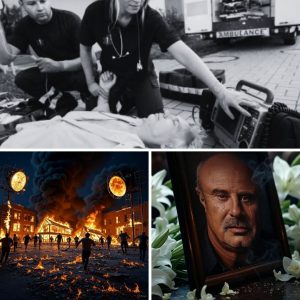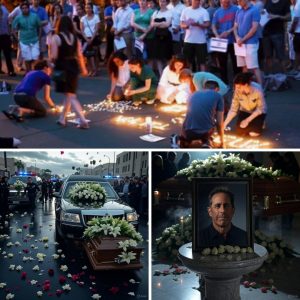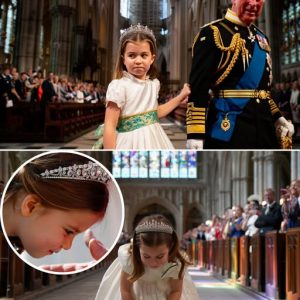The world of music has been struck by an immense loss with the passing of D’Angelo, the soul and R&B icon whose voice and artistry left an indelible mark on the industry. At the age of 51, D’Angelo succumbed to pancreatic cancer after a valiant battle, leaving his family, friends, and fans in profound grief. His family announced his passing with a poignant statement, saying that his “legendary voice has now taken flight to a higher realm,” a fitting tribute to the spiritual depth that defined his life and work. D’Angelo’s legacy, woven through his groundbreaking music, will echo for eternity, ensuring his influence endures.
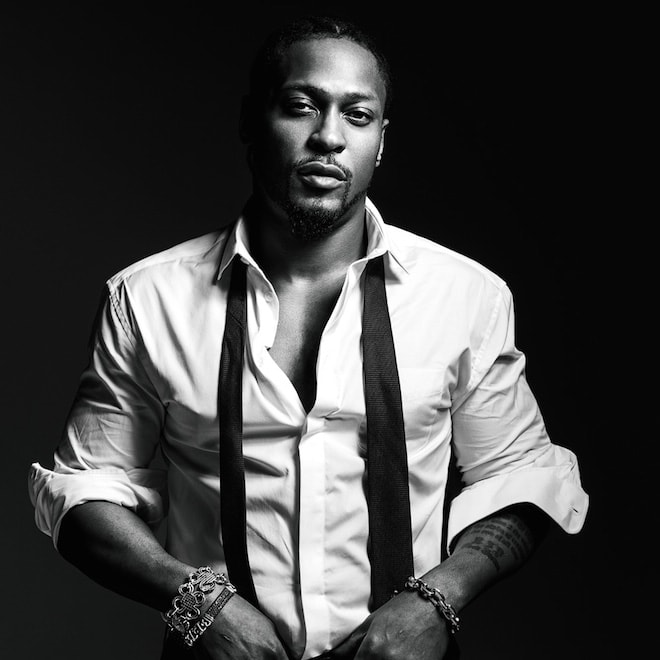
Born Michael Eugene Archer on February 11, 1974, in Richmond, Virginia, D’Angelo rose to prominence in the 1990s as a transformative figure in soul and R&B. His debut album, *Brown Sugar* (1995), was a game-changer, blending classic soul with elements of funk, jazz, and hip-hop. Tracks like “Brown Sugar” and “Lady” showcased his smooth, evocative vocals and a raw authenticity that captivated listeners. The album’s success established D’Angelo as a leading voice in the neo-soul movement, earning him comparisons to icons like Prince and Al Green while carving out his own distinct space in music history.
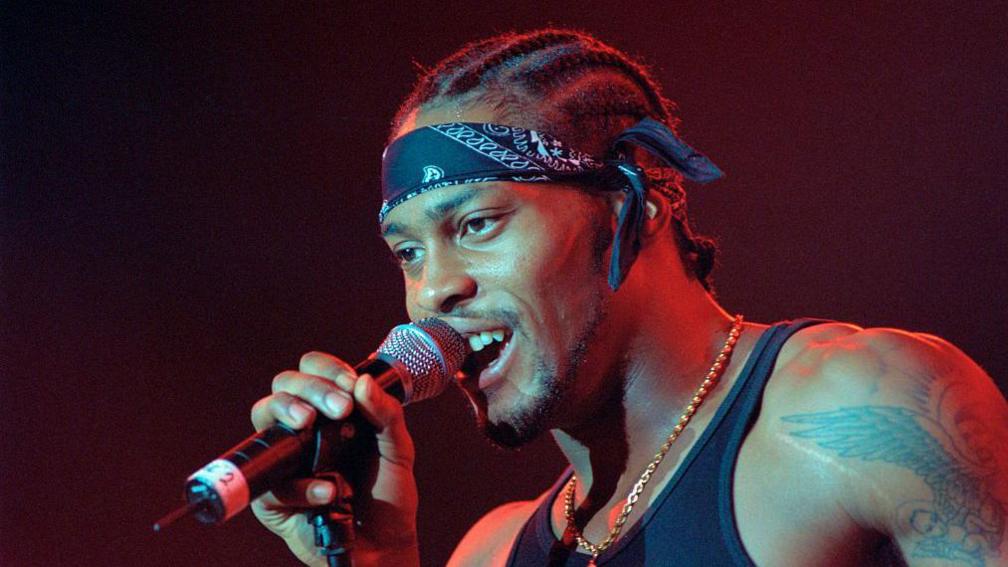
In 2000, D’Angelo released *Voodoo*, an album widely hailed as a masterpiece. Recorded at Electric Lady Studios, the album pushed boundaries with its experimental sound, intricate rhythms, and soulful storytelling. Songs like “Untitled (How Does It Feel)” became cultural touchstones, with its iconic music video and heartfelt delivery earning widespread acclaim. *Voodoo* won multiple Grammy Awards, including Best R&B Album, and solidified D’Angelo’s reputation as a visionary. His ability to fuse vulnerability, spirituality, and social commentary resonated deeply, making the album a cornerstone of modern music.
D’Angelo’s career, however, was not without challenges. He faced personal struggles and stepped away from the spotlight for extended periods, a decision that only heightened the anticipation for his returns. His 2014 release, *Black Messiah*, was a triumphant comeback, addressing issues of racial injustice and resilience with a sound that felt both timeless and urgent. The album was a testament to D’Angelo’s ability to evolve while remaining true to his artistic core, earning praise as a powerful statement in a time of social unrest.
Throughout his battle with pancreatic cancer, D’Angelo maintained his privacy, a reflection of his introspective nature. Those close to him described his fight as one marked by courage and dignity, qualities that mirrored the soulfulness of his music. In their statement, his family expressed gratitude for the love and support from fans while requesting space to grieve. They spoke of D’Angelo’s spirit ascending to a “higher realm,” a nod to the transcendent quality of his artistry that always seemed to reach beyond the earthly.
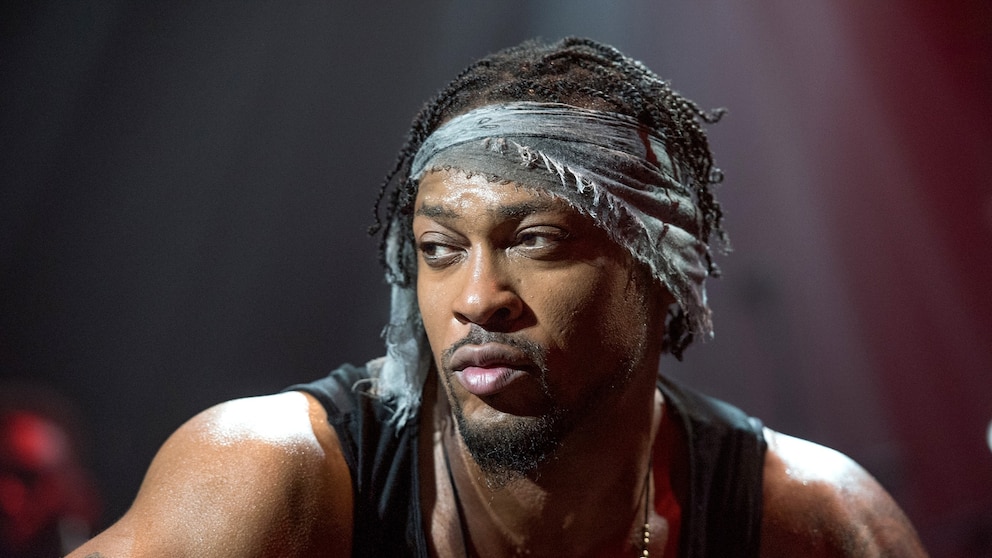
D’Angelo’s influence stretches far beyond his discography. He inspired countless artists, from Anderson .Paak to SZA, who cite his innovative approach as a guiding light. His refusal to conform to industry norms and his commitment to authenticity made him a pioneer. Fans worldwide have flooded social media with tributes, sharing how his music provided comfort, inspiration, and joy. Whether through the sultry grooves of *Brown Sugar* or the raw emotion of *Voodoo*, D’Angelo’s voice connected with listeners on a profound level.
As tributes pour in from musicians, producers, and fans, the world reflects on a man whose music was a bridge between the human and the divine. D’Angelo’s legacy is one of passion, innovation, and an unwavering connection to the soul. Though his physical presence is gone, his music ensures he remains a guiding force for generations to come. In the words of his family, D’Angelo has taken flight, but his voice—soaring and eternal—will continue to resonate in the hearts of all who cherished him.
